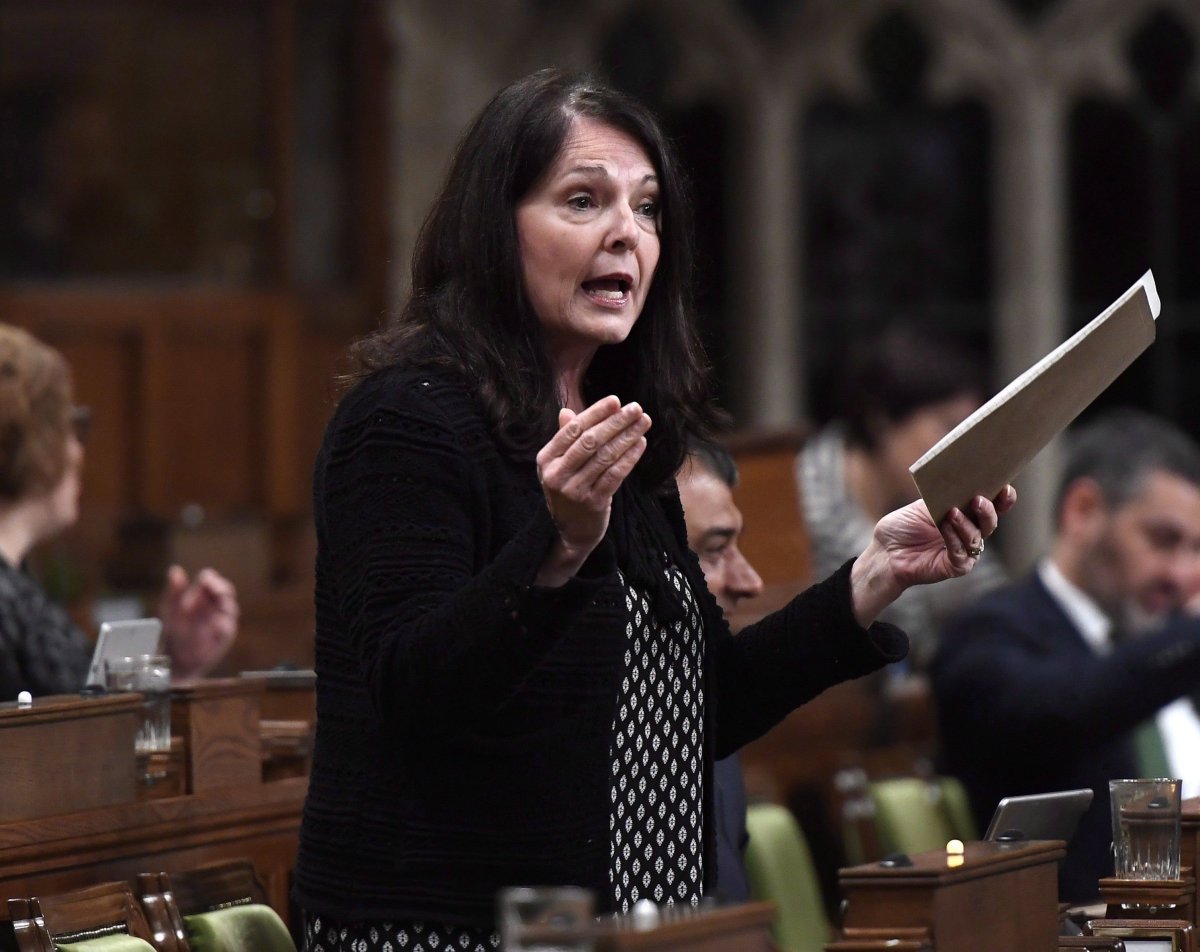A Conservative MP from Yorkton, Sask., says she’s proud to introduce a private members bill that will give the country “the opportunity to have a good conversation.”

On Feb. 26, Cathay Wagantall put forward a proposed law that would ban abortions for the purpose of choosing a child’s sex.
She was inspired to put forth the bill after reading a recent poll conducted by DART &Maru/Blue for the National Post.
A particular statistic stood out to Wagantall: 84 per cent of Canadian adults polled in the survey said they think abortion should be illegal for families that do not want their baby to be a certain sex.
“We value human rights highly in this country and equality between men and women. This issue, as I say, impacts that equality,” Wagantall said.
If passed, the onus would be on medical practitioners to determine why the woman is having an abortion, says Wagantall.
However, pro-choice activists say this could cause a barrier for women and transgender people wanting an abortion.
“Providers might be more hesitant to provide an abortion than they otherwise would be,” said Angie Kells, an abortion doula based in Saskatoon.
Kells, who also is a member of the Saskatchewan Abortion Support Network, says a law like this is aimed to slowly chip away at a women’s right to choose.
“Sex-selective abortions aren’t really a thing in Canada, so the purpose of a bill like this is to restrict access to abortion,” Kells said. “Basically trying to get their foot in the door, trying to get a toehold, and trying to get some set of legislation on the books.”
However, Wagantall is confident in the studies that support her bill, specifically a 2016 paper published in the Canadian Medical Association Journal that claims Indian-born mothers in Canada give birth more to boys than girls, at a higher ratio than expected. The study often faces criticism from Indo-Canadian communities who say the paper lacked context.
Wagantall says her bill isn’t aimed to enforce racist stereotypes against any culture.
“I don’t in any way want to target one particular group of people,” Wagantall said.
“We are aware across the country that immigration plays a role here, and different cultures that come to Canada, that come from different perspectives, the opportunity we have here is to make a clear statement that within our country and as a nation that we do value human rights.”
When the bill gets debated in the House this summer, she’s confident she will have the support from her party. It will be a free vote within the Conservative caucus.
Andrew Scheer — who ran for the Conservative Party leadership on a platform that included a promise to not re-open the abortion debate — said every parliamentarian has the right to bring forward a private member’s bill.
“Mr. Scheer has always been open about the fact he is personally pro-life. Like the overwhelming majority of Canadians, Mr. Scheer finds the practice of getting an abortion specifically to avoid having a baby girl abhorrent,” said Simon Jeffries, a spokesperson for Scheer.
He added that Mr. Sheer “has always discouraged members of his caucus from introducing items that will open this debate.”
But neither Kells or Wagantall believe the debate is being re-opened and for starkly different reasons.
READ MORE: Where in Canada can you get an abortion? It’s secret — for security reasons
“It’s a really, really small lobby group that’s pushing this issue,” Kells said. “They like to claim they’re the silent majority, but statistics show they are not. Most Canadians don’t want to discuss this, most Canadians believe abortion should remain legal and accessible.”
In the same poll published in the National Post, it found seven in 10 Canadians believe there should be no legal restriction on abortion at any stage of pregnancy.
Wagantall sees otherwise.
“With the responses from the poll … it’s clear Canadians are very aware and are having the conversation. We as legislatures have a responsibility to deal with hard questions in the House, in ways that honour and contribute to the Canadian conversation.”




Comments